The Vital Role of Vitamins and Minerals in Healthy Aging
In the quest for a longer, healthier life, the importance of proper nutrition cannot be overstated. In a study by Dr. Bruce N. Ames, Emeritus of the Department of Molecular and Cell Biology at the University of California, Berkeley, the critical role of vitamins and minerals (V/M) in promoting healthy aging is highlighted. Here are the key takeaways from this research:
Triage Theory: When our body doesn't get enough nutrients, it focuses on staying alive in the short term rather than worrying about staying healthy for a long time. This shows why it's crucial to make sure we get the right amount of essential vitamins and minerals.
Nutrient Deficiency and Aging: Inadequate intake of essential V/M increases the risk of aging-associated diseases, leading to damage over time. Common deficiencies, particularly in folic acid, are linked to chromosomal abnormalities and increased cancer risk.
Prevalence of Deficiency: Despite the abundance of food, many individuals, including children, adolescents, elders, and the obese, suffer from V/M deficiency. This contributes to various health risks, including immune dysfunction, cardiovascular disease, and cognitive decline.
Role of Supplementation: Optimizing V/M intake is crucial for reducing the risk of chronic diseases associated with aging and enhancing overall well-being. Certain nutrients, such as acetyl-L-carnitine and lipoic acid, can improve mitochondrial function, mitigating age-related damage.
Addressing Dietary Habits: Improving nutrition by adopting healthier dietary habits is essential for combating deficiencies and promoting longevity. Emphasizing a balanced diet rich in essential V/M, polyphenolics, omega-3 fatty acids, and gut-friendly molecules is key to optimizing metabolic health.
Potential of High-Dose Supplementation: High-dose vitamin supplementation shows positive findings in correcting genetic defects associated with enzyme deficiencies, offering a way for treating genetic diseases and enhancing overall health outcomes.
Mitigating Mitochondrial Damage: Mitochondrial dysfunction, a hallmark of aging, can be alleviated through supplementation with specific nutrients like acetyl-L-carnitine and alpha-lipoic acid, which restore mitochondrial function and combat oxidative stress.
The Vitamin D Dilemma: Vitamin D deficiency is prevalent, affecting a significant portion of the population and contributing to health complications, including increased susceptibility to infectious diseases and adverse pregnancy outcomes.
The Importance of Balance: Achieving optimal metabolic health requires a delicate balance of essential nutrients, including vitamins, minerals, and cofactors, to support cellular function and promote healthy aging.
In conclusion, investing in proper nutrition, including adequate intake of essential vitamins and minerals, is key to a longer, healthier life. By addressing nutrient deficiencies and embracing healthier dietary choices, individuals can age gracefully and enjoy a higher quality of life in the years to come. If you think you may need a nutrition check up or it’s been a while since you had one, let our office know.
